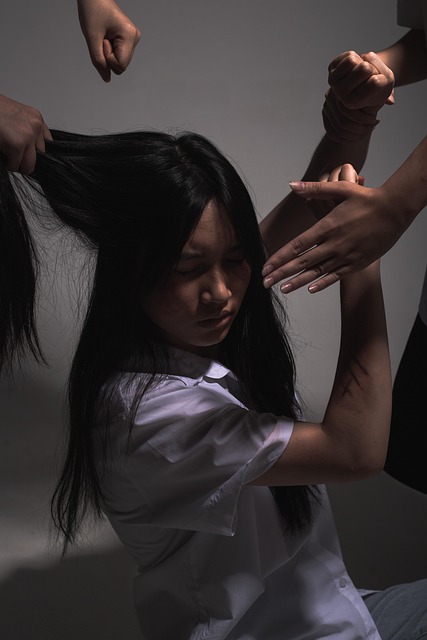Understanding Teen Challenge Abuse is vital for supporting affected families. The program's closed environment and power dynamics facilitate exploitation, including physical, emotional, and financial abuse. Open dialogue, awareness, and sharing stories break silence, promote accountability, and achieve justice. Support includes counseling, legal aid, online forums, advocacy groups, public campaigns, and legal actions against institutions. Families facing Teen Challenge abuse require emotional support and understanding of their legal rights to file claims with evidence gathering and specialized legal counsel.
“Teen Challenge, a Christian rehabilitation program, has helped countless individuals battling addiction. However, behind its public facade, there’s a growing concern over instances of misconduct and abuse. This article delves into the critical issue of Teen Challenge abuse, uncovering the challenges faced by victims and their families. We explore strategies for support, including advocacy resources and legal rights, aiming to empower affected families in their pursuit of justice. Understanding Teen Challenge abuse is the first step towards healing and ensuring accountability.”
- Understanding Teen Challenge Abuse: Unveiling the Issues
- Supporting Victims: Resources and Advocacy Strategies
- Navigating Justice: Legal Rights for Affected Families
Understanding Teen Challenge Abuse: Unveiling the Issues

Understanding Teen Challenge Abuse is a crucial step in advocating for families affected by its misconduct. This program, often marketed as a transformative religious experience, has been associated with numerous instances of abuse and mistreatment. From physical and emotional manipulation to financial exploitation, victims and their families face complex challenges. The nature of Teen Challenge’s closed environment, coupled with the potential power dynamics between staff and participants, can create a hazardous setting where abuse may go unreported or unnoticed.
Unveiling these issues requires open dialogue and increased awareness. Many survivors struggle with feelings of isolation and shame, making it vital for families to recognize the red flags and support one another. By sharing their stories and seeking community, they can break free from the cycle of silence that often surrounds Teen Challenge Abuse. This collective action paves the way for better understanding, accountability, and justice for all those affected.
Supporting Victims: Resources and Advocacy Strategies

For families dealing with the aftermath of Teen Challenge abuse, finding support is crucial. Many organizations and community groups have emerged to advocate for victims and their loved ones, offering a range of resources tailored to help them navigate this difficult journey. These include counseling services, legal aid, and emotional support networks where individuals can share experiences and gain insights from others who have faced similar challenges. Online forums and support groups provide accessible platforms for connection and information exchange, fostering a sense of community among those affected by Teen Challenge misconduct.
Advocacy strategies vary but often involve raising awareness about the prevalence and impact of Teen Challenge abuse through public campaigns and educational initiatives. This helps to dispel myths and encourage open dialogue about the issue. Legal advocacy plays a significant role in holding institutions accountable, ensuring justice for victims, and preventing future instances of abuse. Families can access legal resources that guide them on filing complaints, understanding their rights, and seeking compensation for the harm they’ve endured. Through collective action and increased visibility, these efforts aim to bring about positive change, offering solace and a path to healing for those affected by Teen Challenge abuse.
Navigating Justice: Legal Rights for Affected Families

Families affected by Teen Challenge misconduct face a complex and often daunting journey as they navigate both the emotional trauma and legal aspects of seeking justice. Understanding their legal rights is crucial in this process, especially when holding institutions accountable for their actions. In cases of teen challenge abuse, families must be aware that they have the right to file a legal claim against the organization if they believe their child has suffered harm due to neglect or mistreatment.
This may involve gathering evidence, including medical records, witness statements, and any relevant documentation from the Teen Challenge program. It’s important for affected families to remember that they are not alone in this process; seeking legal counsel specializing in such cases can provide guidance and support throughout the navigation of their rights and options.
In light of the exposed Teen Challenge abuse, it’s imperative that affected families have access to knowledgeable advocacy. By understanding the issues, utilizing available resources, and exploring legal rights, victims and their loved ones can navigate this challenging landscape. Let’s come together to support those impacted by Teen Challenge misconduct and ensure justice is served.
